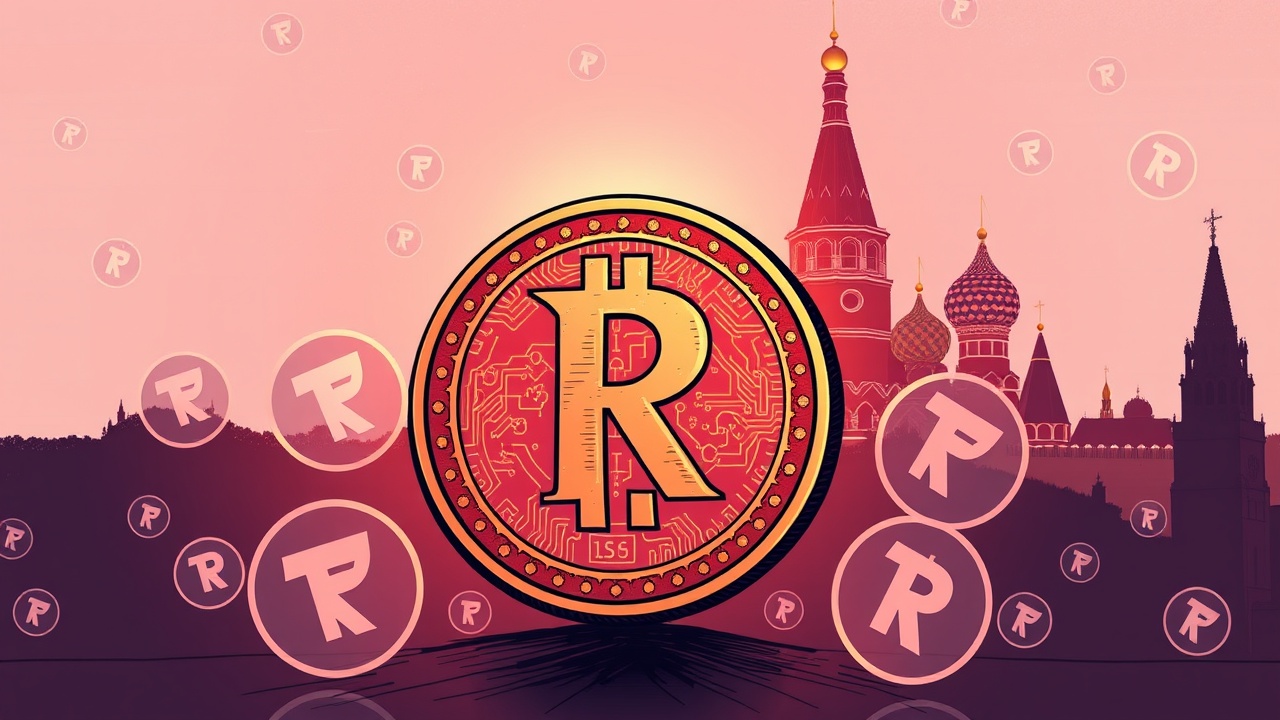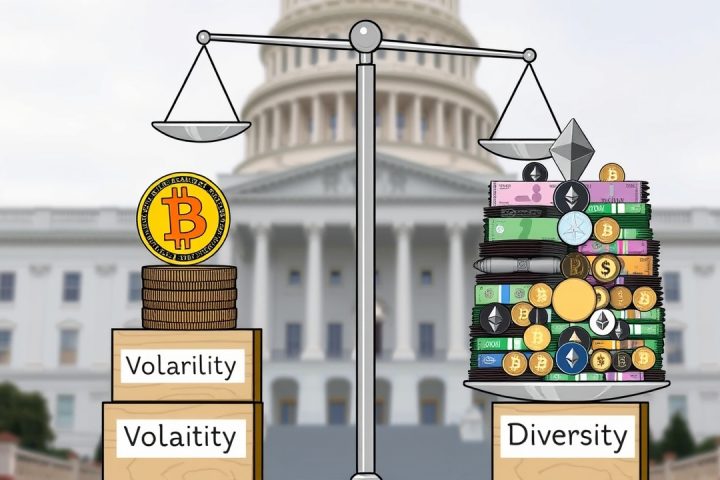Introduction
In light of recent developments surrounding Tether, the popular stablecoin tied to the U.S. dollar, Russian financial officials are advocating for the introduction of homegrown fiat-backed stablecoins. This proposal comes in the wake of Tether’s decision to suspend digital wallet services linked to Garantex, a Russian cryptocurrency exchange, as a response to sanctions imposed by the European Union.
Need for Homegrown Stablecoins
Osman Kabaloev, the deputy head of the financial policy department at the Russian Finance Ministry, emphasized the necessity for Russia to develop its own stablecoins as a safeguard against such blockages. He stated that this situation has prompted the need for the country to prioritize “internal tools” akin to Tether, potentially backed by various currencies. His comments reflect a growing sentiment within the Russian government regarding the importance of establishing a robust digital currency framework amid the fallout from international sanctions.
Tether’s Restrictions
Tether’s restrictions came into effect in early March 2025, freezing approximately $28 million across several wallets linked to Garantex. This led to a temporary halt of the exchange’s operations. In their response published on Telegram, Garantex criticized Tether’s actions, suggesting that it signifies an active opposition to the Russian crypto landscape and highlighted the vulnerability of all USDT holdings in Russian wallets. They stated:
“Tether has entered the war against the Russian crypto market and blocked our wallets worth over 2.5 billion rubles… We may be the first, but certainly not the last to face this.”
Additional Sanctions and Global Trends
Further complicating matters, the U.S. Department of the Treasury’s Office of Foreign Assets Control recently flagged Garantex for allegedly facilitating transactions for the designated terrorist group Houthi, leading to additional sanctions on several addresses associated with the exchange.
The call for stablecoin development comes amidst a broader global trend where these digital assets are gaining traction within the payments sphere. Regulatory scrutiny surrounding stablecoins is intensifying, with new frameworks emerging in both the European Union and the United States. Concurrently, Russian businesses have been increasingly exploring cryptocurrencies for transactions in response to intensified economic sanctions, with government backing for their use in international commerce marking a notable shift in Moscow’s stance on digital currencies.




